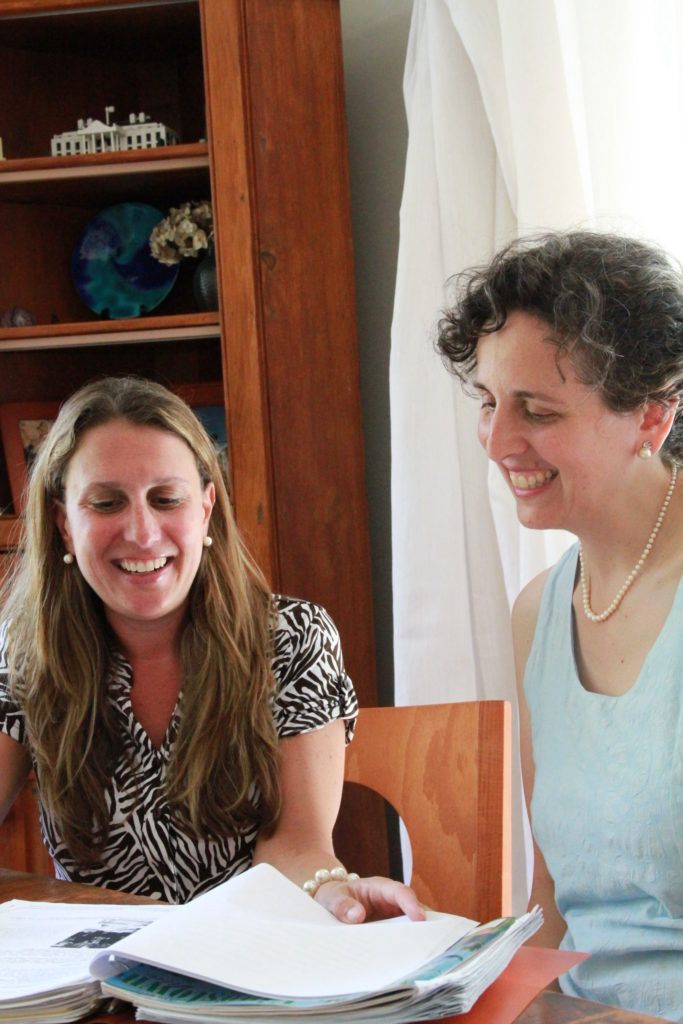It’s important to know when to hire an editor and when to share writing. You can wait too long or you can also share too soon!
Sometimes people feel nervous when it comes time to share writing with me. They want to polish or perfect it before sending. And they wait and wait and wait.

There are benefits to sending your rough work, whether to an editor or a beta reader:
Benefits to Showing Your Writing to An Editor or Beta Reader
- You’ll feel a freedom in having it not be perfect.
- You’ll get feedback that can help inform your future writing.
- It will help you keep moving forward with the writing.
- You’ll likely feel empowered and buoyed when you read feedback about what’s working and excited to add the editor or reader’s suggested additions.
Here’s what I heard the other day from a participant in my Bring Your Book to Life(R) Program who sent writing:
“Thank you for the quick turnaround. Great feedback. You answered a couple of questions I had when I was writing it.”
Why Wait to Share Your Writing?
On the other hand, getting feedback too soon from an editor may not be that helpful. You may need to experiment and explore, develop the tone and voice of the book, and then reach out. The structure may be in flux and, while a developmental edit can help with that, you may just need to sit with it on your own first.
Or maybe you really do need some early feedback from people in your target market to know where you’re on the right track and where your writing may not be serving their needs. Getting their feedback before that of a freelance editor will save you time. Ask them:
- Is it too academic?
- Not scientific enough?
- Not accessible?
- Confusing in the organization?
Waiting too long for feedback could waste valuable time. So, How do you know when to show your work to beta readers, when to hire an editor?
When to Show Writing to Beta Readers
If you’re not sure about something critical to the writing of the book, you can share your writing as early as having one chapter drafted. Of course, fix your punctuation and grammar before sending to readers and do a couple of self-edits on your own. You want to be mindful of your readers’ time.

If this is a prescriptive book (how-to, self-help or business, for example), sharing a representative chapter can help you clarify a structure you can use consistently in each chapter. For example. each chapter may begin with a story; offer some teaching, framework or principle; provide additional examples; offer science sidebars and tips sprinkled within, and end with a summary or exercise(s). Find out how that format works for your beta readers and get feedback on one or two chapters to make it even better.
Likewise, if you have questions about tone, voice or other aspects, the sooner you get feedback on what works for your readers, the more time you’ll save.
I wouldn’t necessarily ask too many people. The more people, the more feedback you have to sift through and it can become confusing. Instead, choose two to six readers from your target market to begin with.
You can read more on how to choose beta readers and questions to ask.
When to Hire an Editor
A freelance editor or book coach can help you in the early developmental stage. You can even hire someone before you start writing, in order to clarify your book concept and structure with a professional who can help you craft a book that people will buy and read!

Some people like to work with a book coach or editor throughout the process for accountability, to save time and to make sure they’re on track. Often, this works well. The pitfall can be that your book morphs over time. If you’ve been doing detailed line editing, you may have material you end up not using in the book. Perhaps you can repurpose it for a blog post.
You can also work on early drafts, get feedback from beta readers, do some self-editing and then hire an editor for a developmental edit. A developmental edit focuses on big picture issues and structure, versus line-by-line editing. By waiting to hire an editor until after you’ve done some polishing, you’ll save money.
After one or more rounds of developmental editing, it’s time for line editing. This can also take more than one round. The more rounds of editing, the more nuanced and polished a book becomes. Those who do one round of developmental editing and one round of line editing often have not given the book as much attention as required to write a high quality book. For narrative nonfiction (as compared to prescriptive) this is particularly important. Here’s a post on how to dig deeper after a developmental edit.
Here’s more on how to choose an editor. If you are looking for an editor, feel free to check out my Editorial Referral Program.
What questions do you have about editing? Ask away as a comment below…or share your editing experiences.







